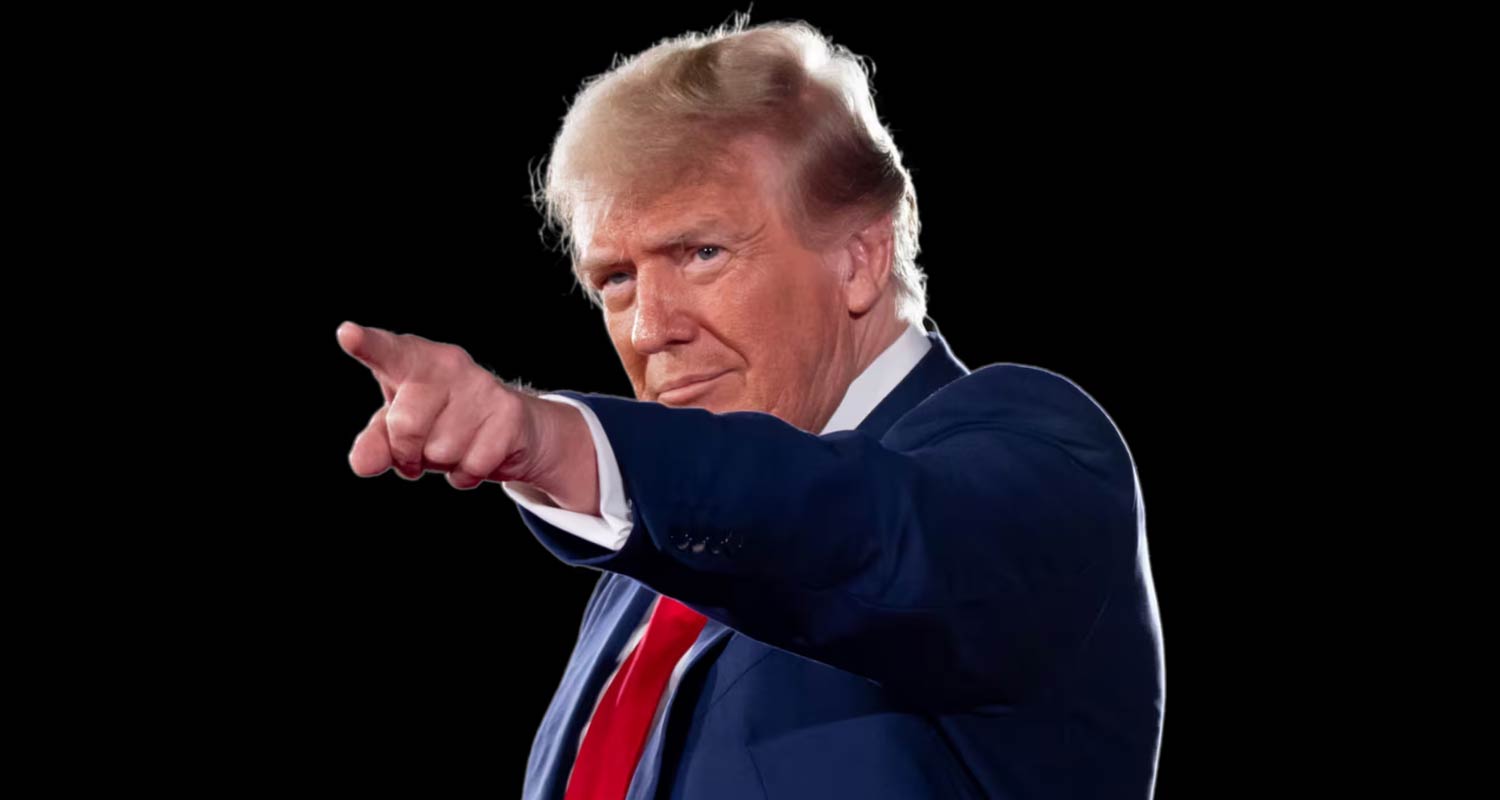[ad_1]

US President Donald Trump signed a note last week, in which he identified the plan to introduce a mutual payment regime in the country’s business partners, including South Africa.
The memory of the United States has not immediately imposed any new fees. Instead, the US Trade Department and the US trade representative advises other countries to review how it operates American goods and then implement similar policies relating to fees. This includes viewing extra lines imposed on American products and other policies, which makes it difficult for US products to enter a particular country.
“In trade, for reasonable purposes, I have decided that I will charge a mutual fee, that is, any countries that charge in the United States in the United States, we will charge them – no longer, no!” Trump wrote Post In Elon Mask’s Exx on Monday.
Trump’s plan threatens to shake world trade and prevent complex distribution chains, some of which have taken many years to establish.
By within Craig BranstanICD distributor owned by Alviva Holdings Oxy.
“As oxygen, we have taken a firm bet to work with American companies. So we are interested in how this scene is running. But very soon, especially the trump and the current management must be changed, and now any serious decisions should be made. Two different things, ”said the Tech Central on February 1.
According to Bronson, the caution of Axis to Trump’s Memorandum does not deny the risk of a mutual payment regime for South Africa’s economy. However, in his view, South Africa’s technology industry is not threatened by Trump’s proposed fees because the country’s net importer of hardware is made in Asia, not the United States anyway.
Distribution chains
Even the US -headed companies, such as Microsoft and Del Technologies, are usually settled in Asia, China, and the law companies in China, in general, in the UK, the UK, and Ireland. Mutual fees can only lead to a technical price increase in South Africa if these companies move their manufacturing plants to the United States.
However, as Bronson explained, US technology companies are less likely to move their production to American soil for two reasons:
- The unnecessary and reorganization supply chains are complex to achieve this, and the cost and effort needed to do this will be greater than the benefit.
- Many of these manufacturing work are suitable for workers in countries where labor-intensive, average wage is low. The United States, on the other hand, is the economy led by a higher average income.
“As long as the exporter of the United States is settled, we will not be affected by mutual fees, until we are zero, or even the South African technology industry is zero.
According to Venter Labushagne, Director of KPMG Africa’s Business and Customs Procedure, businesses that are direct beneficiaries of the African Development and Opportunities Act (AGOA) are more exposed than the local technology industry.

Established in 2000, AGOA provides qualified sub-Sahara African countries with no obligatory access to the US market for over 1 800 products. The agreement helped South Africa to attract significant investments from Volkswagen, Mercedes -Benz, BMW and other automobile manufacturers, and the industry is 22% of exports to South Africa. Other major exports to benefit from Agoa are wine and agricultural products.
But the cancellation of the contract can have an indirect impact on the technology sector, resulting in an increase in the prices of imported hardware and software.
Read: Trump charges roll the global markets
“The US is one of South Africa’s major trading partners, especially in the context of motor driving, chemicals and agricultural industries, in particular, the loss of increased fees and the loss of the AGOA concessions,” Lapushagne said. – © 2025 News Central Media
Get braking News from Tech Central on WhatsApp. Register here.
Don’t miss out:
[ad_2]
Source link













